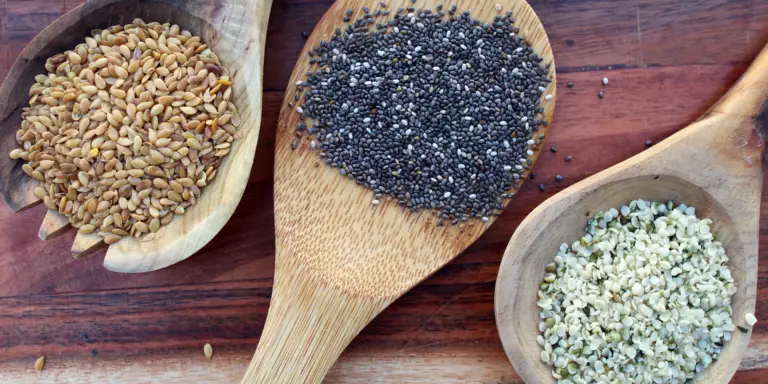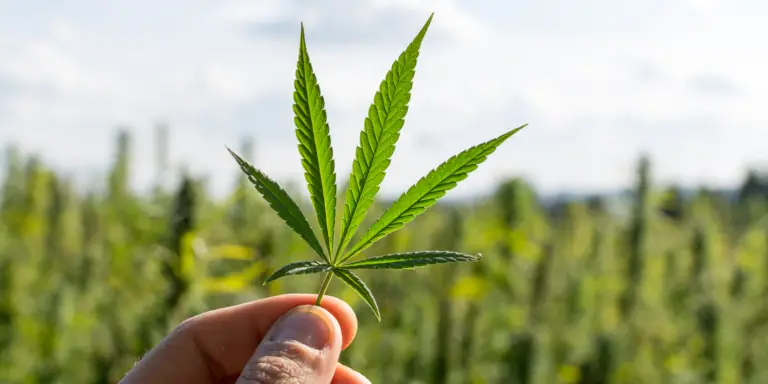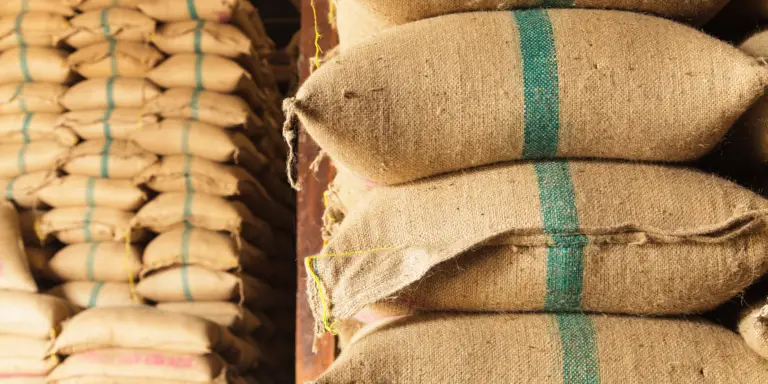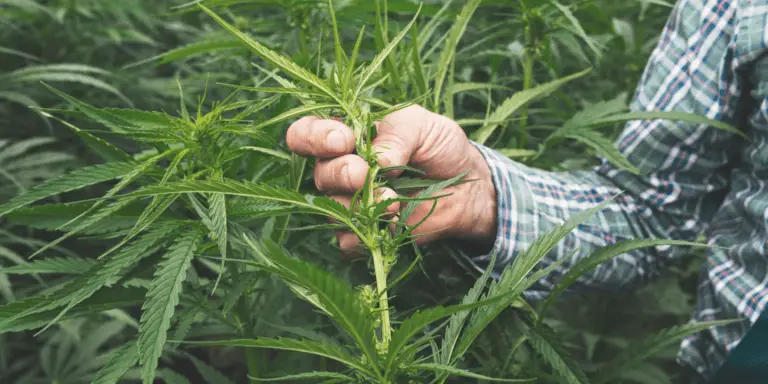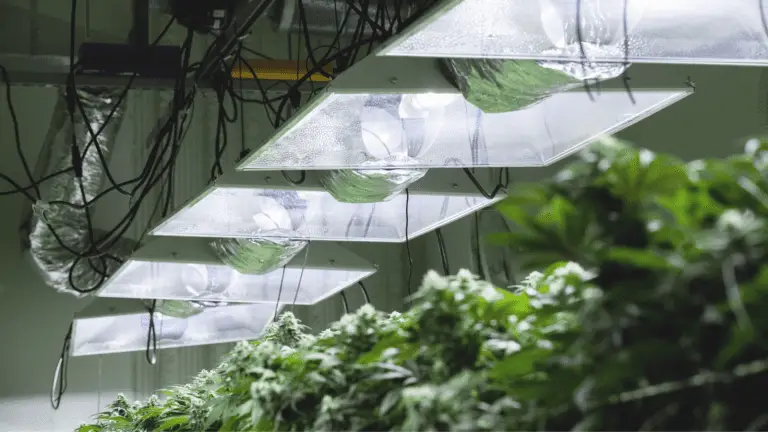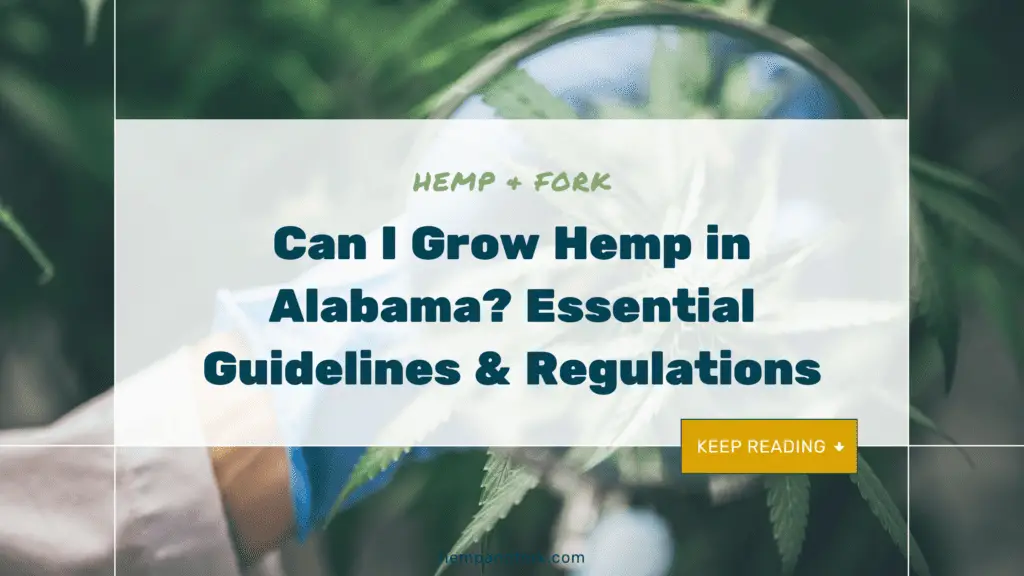
In recent years, there’s been a surge in interest around hemp cultivation as a sustainable and profitable agricultural crop. This has led many to ask, “Can I grow hemp in Alabama?” The answer is a resounding yes. In 2019, Alabama legalized hemp cultivation for educational research and commercial farming.
- Legal since 2019: Alabama gave the nod to hemp cultivation.
- State-Run Program: Managed by Alabama, this program oversees hemp licensing.
- License is a Must: Proper licensing is non-negotiable for responsible hemp farming.
Alabama’s Hemp Program
Program Overview
Managed by the Alabama Department of Agriculture and Industries (ADAI), the state’s hemp program oversees the licensing process for growers, processors, handlers, and universities. To grow hemp legally, you must obtain a grower’s permit from ADAI. Note that the hemp and its by-products must contain less than 0.3 percent THC.
Application Portal: Kelly Registration System (KRS)
Industrial Hemp Research Program Act
The Alabama Industrial Hemp Research Program Act enables the cultivation and production of industrial hemp. It’s supported by the Alabama Cooperative Extension System, which collaborates with ADAI to provide guidance and resources for hemp growers. This partnership helps ensure that the industry maintains legal and quality standards while promoting the growth of this valuable crop.
🧐 Stay Informed: Keep up with ADAI and the Industrial Hemp Research Program Act to succeed in Alabama’s hemp industry.
Licensing Requirements
Applying for an Industrial Hemp License
After the 2018 Farm Bill, Alabama opened its doors to hemp license applications. Managed by the Alabama Department of Agriculture and Industries, the application window is usually between October and November each year.
💲 Application Fee: Required for both growers and processors/handlers. A single application covers all sites. Multiple license types require separate applications but only one fee.
License Approval Process
Once the application is submitted, the Alabama Department of Agriculture and Industries reviews all the necessary paperwork and conducts checks to ensure compliance with state regulations. Once approved, you’re free to cultivate and handle hemp, provided you maintain compliance.
🗂 Summary: Get your industrial hemp license from ADAI, pay the fee, and adhere to state regulations for a valid license.
Hemp Industry and Market
Hemp Products
Some of the most common hemp products include textiles, paper, rope, and even building materials. Additionally, the plant’s seeds can be used for food, and its extracted CBD oil for wellness.
One of the reasons for the hemp industry’s growth is its sustainability. With the increasing awareness of eco-friendly products, people are more interested in environmentally responsible alternatives. As a result, the demand for hemp-based products has risen significantly.
Alabama Hemp Market
Alabama’s hemp market is on the rise, with an increasing number of farmers engaging in both hemp cultivation and product development. Alabama established its own Industrial Hemp Program regulated by a state-run application system for eligible growers. This program allows farmers to grow and process industrial hemp under strict regulations from the Alabama Department of Agriculture and Industries (ADAI).
📈 Market Potential: High for both farmers and consumers who want to grow hemp, thanks to Alabama’s Industrial Hemp Program.
Legal Aspects
The 2018 Farm Bill and Hemp
In 2018, the Farm Bill legalized the production of industrial hemp across the United States, including Alabama, as long as it contains less than 0.3% THC content. The Alabama Agriculture & Industries Hemp Program now allows Alabama hemp growers, processors, handlers, and universities to apply for an industrial hemp license.
Penalties for Non-Compliance
Failure to comply with Alabama’s hemp regulations can result in a range of penalties:
- License Revocation: Your hemp growing license could be revoked, halting your operations.
- Fines: Expect hefty fines, the amount of which varies by the severity of the violation.
- Criminal Charges: Extreme violations like unauthorized cultivation can lead to criminal charges.
- Seizure of Crop: Non-compliant hemp crops may be seized and destroyed.
- Future Licensing: Violations could hinder your ability to obtain future agricultural licenses.
- Legal Fees: Legal repercussions also mean potential legal fees.
Here are some key points to remember while growing hemp in Alabama:
- Abide by the state’s hemp laws and regulations.
- Ensure THC content in the hemp remains below 0.3%.
- Apply for an industrial hemp license from the Alabama Department of Agriculture and Industries.
- Make sure not to sell unprocessed hemp (hemp flower), as it is explicitly prohibited.
Alabama Hemp Growers and Sellers
State-Run Application System
Managed by ADAI, the application process is open to Alabama hemp growers, processors/handlers, and universities.
Alabama Hemp Grower Regulations
To grow hemp, adhere to regulations monitored by the Alabama Cooperative Extension System (ACES) and the Alabama Agricultural Experiment Station (AAES).
Deadline: Usually in November, so plan your application accordingly.
FAQ
Conclusion
By adhering to Alabama’s state-run application system and regulations, you can confidently become a licensed hemp grower, contributing to the growing community of Alabama hemp growers and expanding the industrial hemp market.
